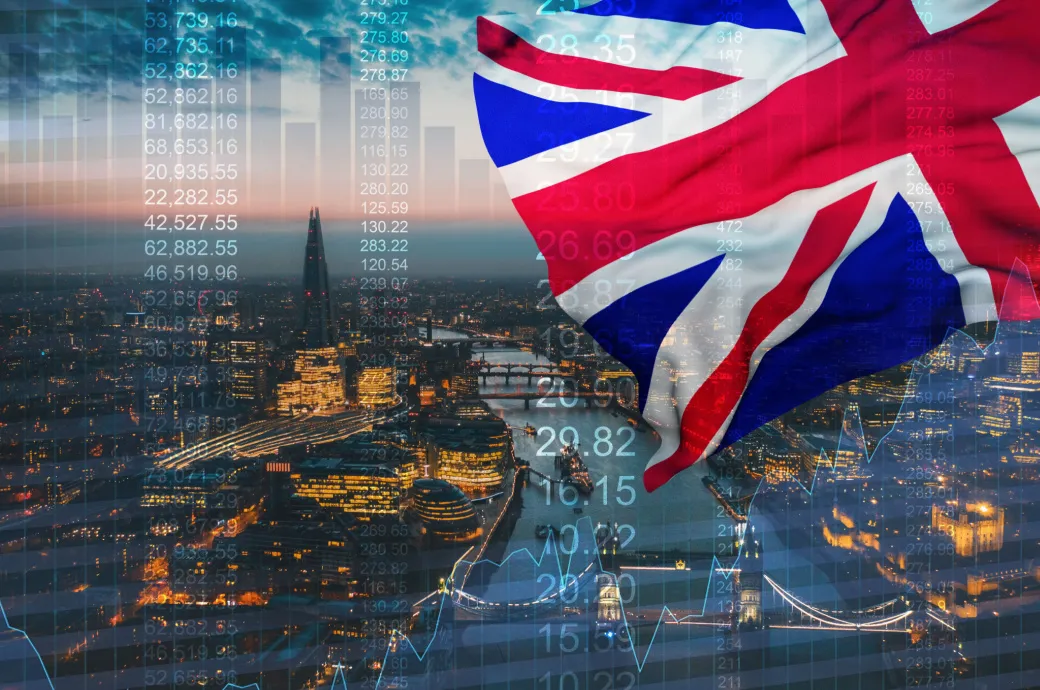Britain‘s economy halted unexpectedly in February when strikes badly affect the public services but are still likely to perform better than the Bank of England has expected.
Gross domestic product was unchanged from January instead of eking out the 0.1 percent growth analysts had anticipated, the Office for National Statistics said Thursday. The figure for January was revised up to 0.4 percent.
Together, the readings bring output in the UK further above its pre-pandemic level and suggest the economy is unlikely to shrink in the first quarter. That further decreases the risk of a recession but leaves the UK on track for an extended period of stagnation.
Chancellor of the Exchequer Jeremy Hunt said the economy was looking brighter than expected. In an interview in Washington on Wednesday night, he said the UK will do significantly better than the International Monetary Fund projected, potentially setting the stage for an election next spring.
Assuming no revisions, the economy probably grew 0.1 percent in the first quarter unless the figure for March shows a contraction of more than 0.2 percent, the ONS said.
A contraction of 0.6 percent would be required for GDP to fall 0.1 percent in the quarter, as forecast by the Bank of England. That would be a bigger fall than in December when consumer sentiment was weaker and the country suffered the most days lost due to strikes since 2011.
While a flat economy is not usually grounds for celebration, there are some encouraging signs in today’s data.
Were it not for the industrial action that took place in the public sector, the economy overall would have grown.”
Kitty Ussher, chief economist at the Institute of Directors said.




